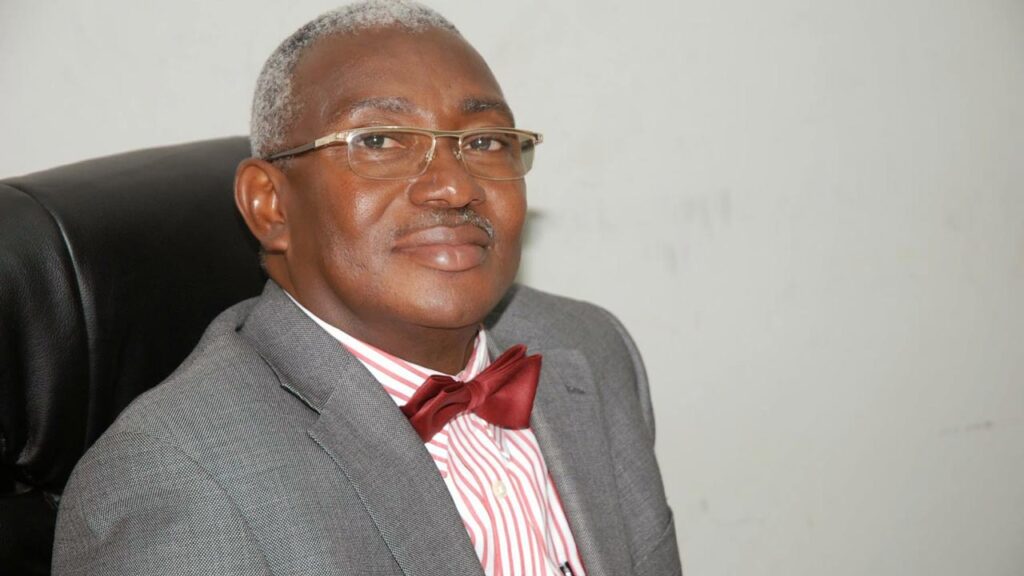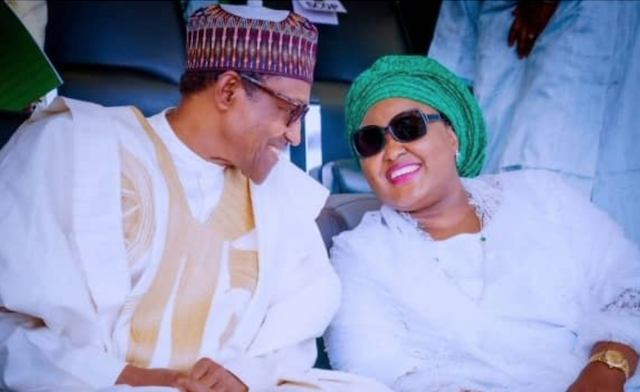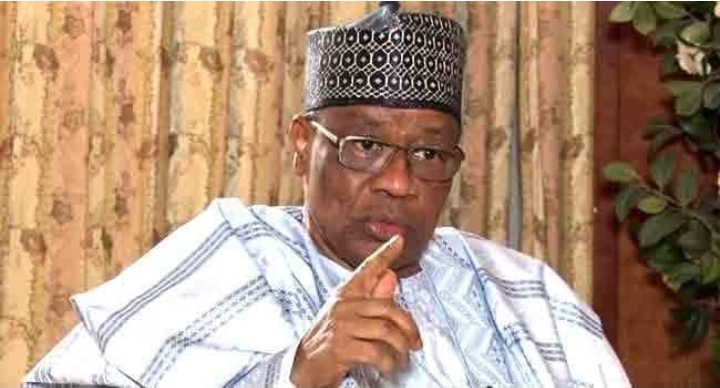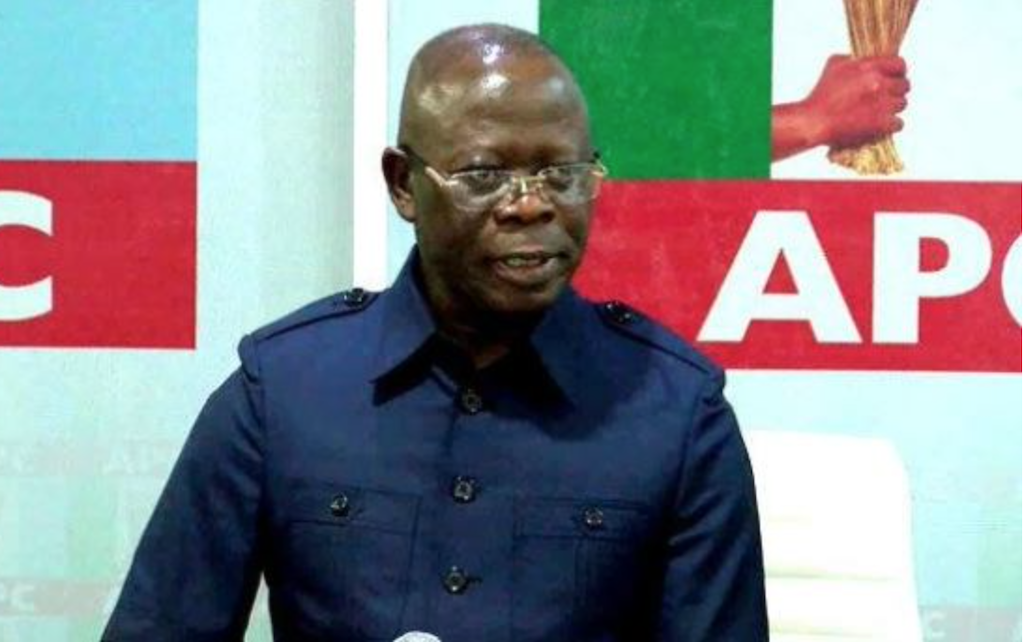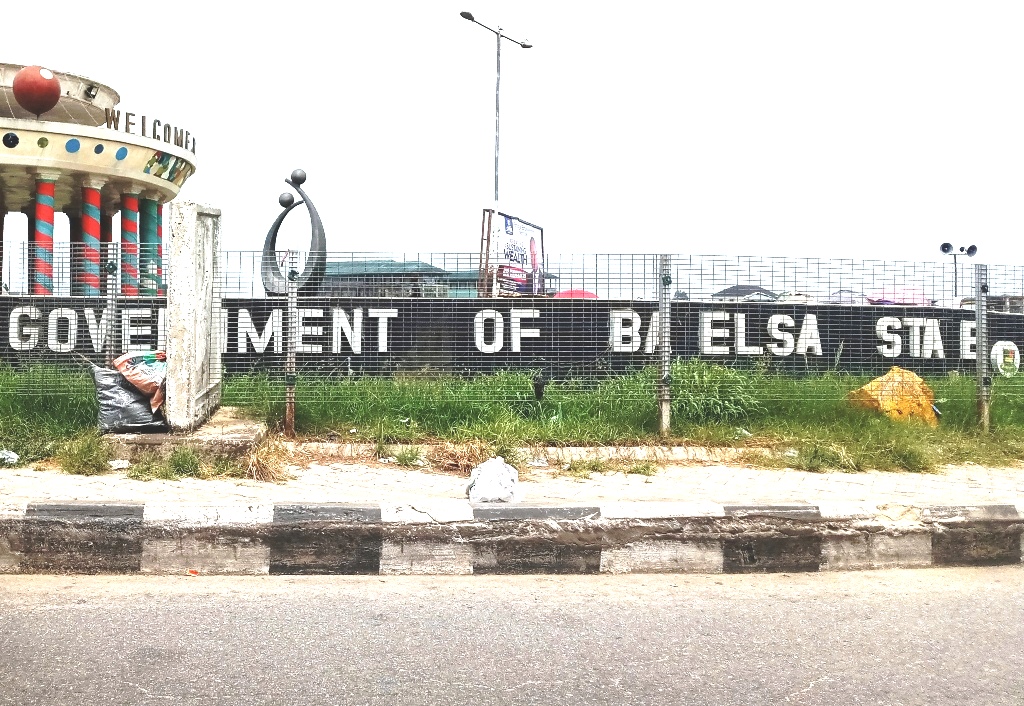This is not the best of headlines. It contradicts common sense. The lexis and syntax are yelling for a harmonious structure. The sense here is in the apparent nonsense. But it serves the purpose of the day. The shouting oxymoron in the headline is deliberate. It is about the only way to explain the new fad in government business in Nigeria. The Federal Government is on a development spree, and it is only fair we mention too when government is doing well. The approach is comprehensive and all-encompassing too. None of the six geo-political zones has been left out in the distribution of Development Commissions by the Federal Government.
Northeast, Northwest, North Central, Southwest, Southeast and South-South are all on board as equal shareholders in the allotment. For the first time, no part of the country is feeling short-changed. Nobody is crying marginalisation. All six geo-political zones have a Development Commission each to develop them. The principle of Federal Character has never been this beautifully implemented in the operation of the political economy. Going forward, the Federal Government should not deviate from this path. It is a path that leads to destination. The formula for lasting peace in the country has just been chanced upon. It will make so much sense if the major cash points in the country are also replicated like these Development Commissions so that each of the six geo-political zones can have its own chunk without crossing paths with others.
The peace that will be experienced in this country shall be more profound than graveyard peace if each zone has, for instance, its own Aso Rock Villa, Central Bank, NNPC, NPA and Customs. Meanwhile, these Development Commissions are without boundaries. They are to perform what the Local, State and Federal Governments could not. In other words, they are created to stand in for government at all levels. Why this beautiful idea of outsourcing the functions of government from A to Z, for the sake of peace in the country, took so long to materialise is difficult to understand.
All the same, it is better late than never. Former President Olusegun Obasanjo could have achieved the goal but his approach was half-hearted. The man could not see beyond his nose to appreciate what beautifully lay ahead. He lacked the foresight, so to say. He did only the Niger Delta Development Commission (NDDC) to develop the South-South and the two States of Abia and Imo in the Southeast. If Act No. 6 of June 2000 had been expanded to take five more DCs (Development Commissions) to care for the other geo-political zones, this late effort at outsourcing government functions to so-called development commissions to comprehensively develop the country and eliminate marginalisation would have been avoided.
Umaru Musa Yar’Adua who came after Obasanjo was equally not clearly focused on the matter. Musa Yar’Adua, a Muslim, decided to lean towards the Bible in doing his own thing. He gave more to, he, that already had, but he, that had nothing, he gave nothing. The Niger Delta Ministry was added to the NDDC. Something else called the Amnesty Programme was added too. But I must say this. It wasn’t as if Musa Yar’Adua from Katsina State had become the saviour of the Niger Delta or for that matter, that the Nigeria State had become suddenly more responsive to the perennial issues in the Niger Delta. The truth was that, President Musa Yar’Adua was boxed into a panic mode when daily production of crude plummeted from two million barrels to just 700,000 due to the disruptive activities of armed agitators in the region.
The economy faced imminent collapse. In fact, the State Ship was sinking and Captain Ya’Adua, was jettisoning anything within reach to strike stability and make the ship afloat again. In dispensing his largesse, what was paramount was the unhindered flow of crude from the bowels of the Niger Delta into the different oil export platforms. Development of the region, if there was any intention towards that, was incidental. This is part of the problem. The people of the region are often cast as trouble makers in the national drama. But since the rest of the country needs the resources from the region to survive, a pacifist scheme is usually worked out to contain challenges when they arise and keep the resource channel open. The issues at play in the Niger Delta are hardly framed in their proper contexts. It is the reason the words ‘’militancy’’ and ‘’militants’’ are always used to describe the kinetic tensions in the region. It does not serve well if the same people under intense existential pressures are called agitators or freedom fighters. Somehow, facts are misrepresented to turn victims into villains in the tragic narrative of the country’s crude oil economy.
To the rest of the country, the Niger Delta region was receiving compensation for being troublesome and not for being exploited and abused. In fact, the ascendance of Dr. Goodluck Jonathan, first as deputy to Umaru Musa Yar’Adua and then in a substantive role, was recorded in the national scheme as part of the appeasement to Niger Delta to avail its resources for general use. The region became a metaphor for profitable subversion that was worthy of emulation. Thus, in the build to the 2015 political biddings, General Muhammadu Buhari found so much sense in appropriating Boko Haram as the Northern version of the Niger Delta militants. He needed the asset for good political bargain. He condemned the Federal Government under Jonathan for killing Northerners in the name of fighting terrorism. He saw Boko Haramists as freedom fighters and not terrorists, fighting to terminate the marginalisation of the North by the Jonathan’s government.
Buhari had pushed vigorously, asking President Jonathan to offer amnesty to Boko Haram fighters, the same way that President Yar’Adua did for Niger Delta Militants. I don’t know what happened when Buhari finally became President on May 29, 2015. He chose a different path with Boko Haram. He forgot that he had become President with prerogatives. Instead of just invoking Section 175 of the 1999 Constitution to exercise his Presidential Prerogative of Mercy and the grant amnesty as a man of his word and end the whole matter for good, he decided to donate the North East Development Commission (NEDC).
The point was to create a stronger parallel between conditions in the Niger Delta and the Northeast that provoked the armed struggle in the two regions. By that gesture, Buhari effectively proclaimed that, as it was with the Niger Delta militants, the Boko Haram fighters took arms against the Nigerian State to draw attention to the socio-economic and ecological devastation occasioned by exploration and exploitation of mineral resources in the Northeast by the Nigerian State. The NEDC, like the NDDC, was therefore a compensation for the North East for its contribution to the national economy. The Bill establishing the commission was signed into an Act on October 25, 2017. A 10-year master plan to recover the region was put together to go with the inauguration of the commission. It would cost N31 trillion to fund.
For some reason, Buhari could not finish establishing all the Development Commissions needed to run the country. But he managed to open the floodgate with NEDC. Development commissions have been flowing freely like the upper course of a river in the last two years. All the zones are covered. The South-south has another in addition to the NDDC. The zone will do thanksgiving for double or even multiple portions. The Southwest where there is Lagos State with an economy that ranks fifth on the African continent is also marginalised. The region is poorly developed and has not been adequately compensated for its contribution to the national revenue. Accordingly, it has been given a development commission to develop it and bring it to speed with other regions of the country like the North Central and North West.
As you know, every state and local government demographically and geographically falls into a geo-political zone. Now that the zones have been separately and collectively reinvented to fend for themselves, what then is the function of government at all levels in the new scheme? From the design, the country can effectively run on the DCs without any other kind of government. Why are we then wasting time in dissolving Aso Rock Villa, the 36 Government Houses and the 774 local government headquarters? They have become superfluous in the new thinking. We can sell these buildings in an auction sale to highest bidders and raise good money to strengthen the finances of the DCs.
Politics is driving development in Nigeria. When this happens, it leads to arrested development. There will be so much motion without movement and so many activities without achievements. This is what I mean by Deliberate Development of Underdevelopment. It is inexplicable as it tells of absolute negation of the human essence. Nothing underscores better the complete absence of sincerity purpose among policy makers than the ongoing national confusion called Development Commission. Erasing the confusion only requires the sincerity of allowing development to drive politics. Except in extreme situations where what is normative is tasked and overwhelmed and the call for extra efforts becomes imperative, development in this country can be effectively delivered through the existing channels under the Federal, State and Municipal governments.
The attendant bureaucracies and the operational budgets of these so-called development commissions appear more important than the actual development of the zones in the overall calculation. Nigeria cannot display one good example where replication of basic government functions has achieved the desired results. For instance, 25 years after, the Niger Delta Development Commission (NDDC), has not concluded its intervention in the Niger Delta. The commission has remained an outpost for the dispensation of political patronage.
Today, the basic functions of the Police Force have been spread across other agencies that were purportedly created to improve efficiency and tactical delivery. That has not happened. The Economic and Financial Crime Commission (EFCC) has not meant improved delivery in these specific areas. If anything, the EFCC has derailed into the political arm of policing. The commission is defined more by its arm-twisting tactics than it is defined by its tactical efficiency. The Road Safety Corps has not meant safer roads or better driving culture. These and many other extra agencies have come to burden public finances without adding corresponding value to public administration.
The Federal Government, especially, has been administratively clueless. It has diminished into the proverbial incompetent workman that always picks quarrel with his tools. It thinks a problem that cannot be solved by an existing agency will automatically dissipate if lodged in a newly created agency. No process runs that way. The fixed factor remains fixed. The variable factors are however flipped to bring new outcomes. You do not build a new house because of a leaking roof. The roof is fixed and the house remains. That is the way to avoid the development of underdevelopment.
